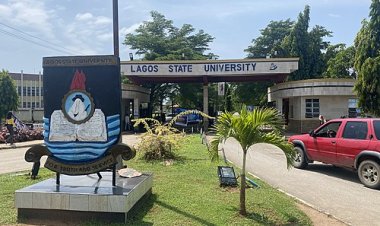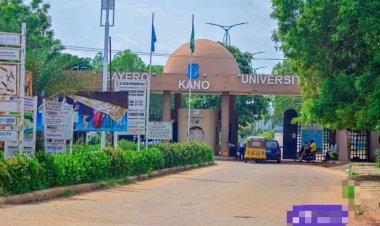UI Don Advocates Multi-Stakeholder Approach to Address Non-Standard Employment in Nigeria
Professor Emeka Emmanuel Okafor, a renowned scholar in Industrial Sociology and Employment Relations at the University of Ibadan, has called for a multi-stakeholder approach to tackle the growing issue of non-standard employment in Nigeria.
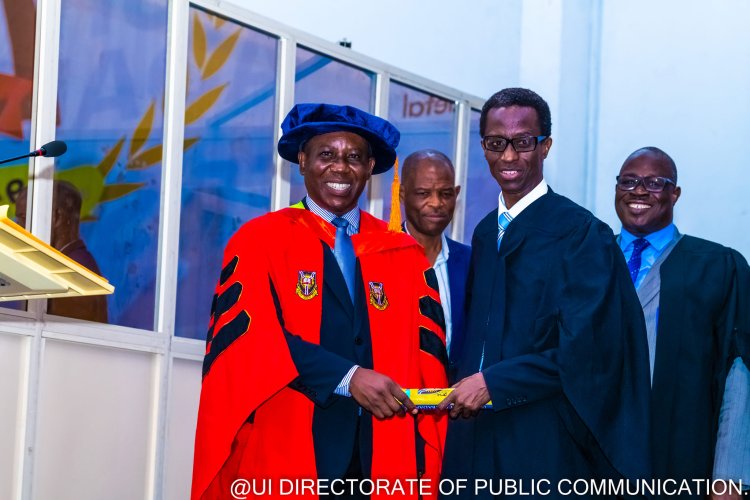
Professor Emeka Emmanuel Okafor, a renowned scholar in Industrial Sociology and Employment Relations at the University of Ibadan, has called for a multi-stakeholder approach to tackle the growing issue of non-standard employment in Nigeria. This approach, he emphasized, should include active participation from the government, ministries, employers, trade unions, higher institutions, and non-governmental organizations (NGOs).
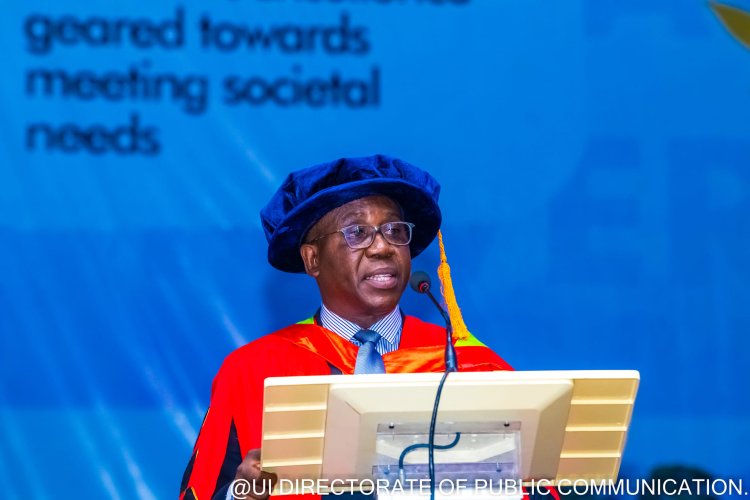
Professor Okafor made this proposition during the 562nd Inaugural Lecture of the University of Ibadan, delivered on behalf of the Faculty of the Social Sciences. His lecture, entitled “The Periphery of the Periphery: Exploring the Experiences of Non-standard Workers,” highlighted the complex challenges faced by workers engaged in non-standard forms of employment, such as part-time, outsourced, temporary, and contract work.
In his analysis, Professor Okafor underscored the global nature of non-standard employment, stating that it is not unique to Nigeria but is prevalent in many countries under various names such as on-call workers, ad-hoc workers, flexible workers, and seasonal workers. He pointed out that these types of employment often lead to precarious conditions for workers, characterized by low wages, lack of benefits, job insecurity, and limited union representation.
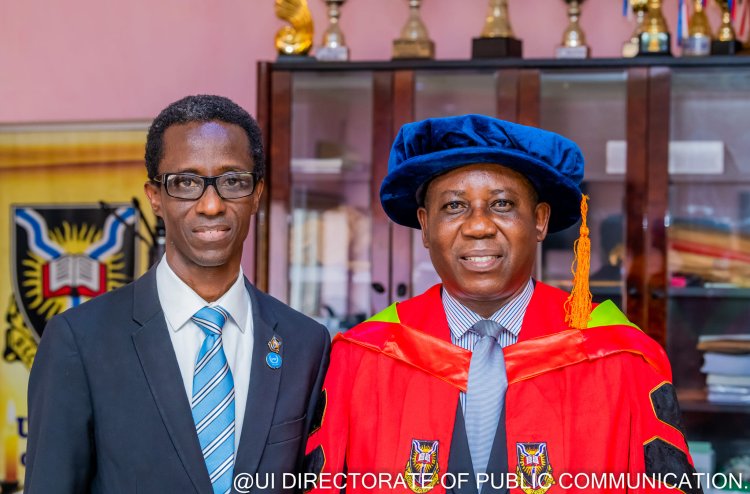
“Non-standard work poses numerous challenges to workers, including low wages, limited benefits, lack of union representation, and job insecurity,” Professor Okafor said. He further noted that the prevalence of such work reflects the socio-economic and political arrangements in society, particularly in capitalist systems where profit maximization often leads to the widespread use of flexible labor arrangements.
To address these challenges, Professor Okafor stressed the crucial role of the government in setting labor standards, protecting workers' rights, and ensuring decent work for all. He identified key government responsibilities, including the regulation of non-standard workers, combating youth unemployment, establishing national social protection systems, and strengthening labor inspections.
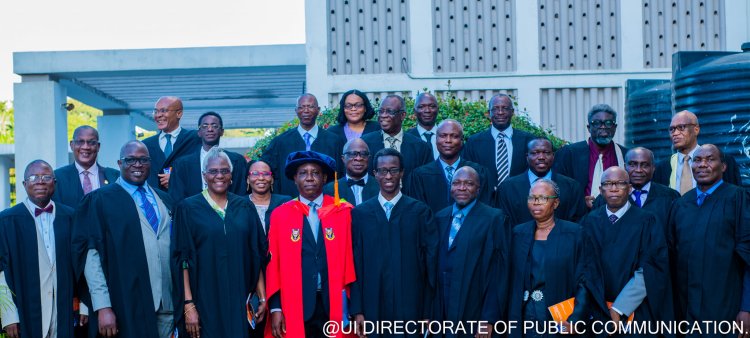
Professor Okafor also called on other stakeholders, including the Federal Ministry of Labour and Employment, private employers, trade unions, and academic institutions, to collaborate in developing strategies aimed at achieving decent work and protecting the dignity of all workers, regardless of their employment status.
He concluded by urging all stakeholders to mobilize and implement policies that promote a fair, just, and equitable working environment for all Nigerians, particularly those engaged in non-standard forms of employment.

 UBA CHIDINMA
UBA CHIDINMA 